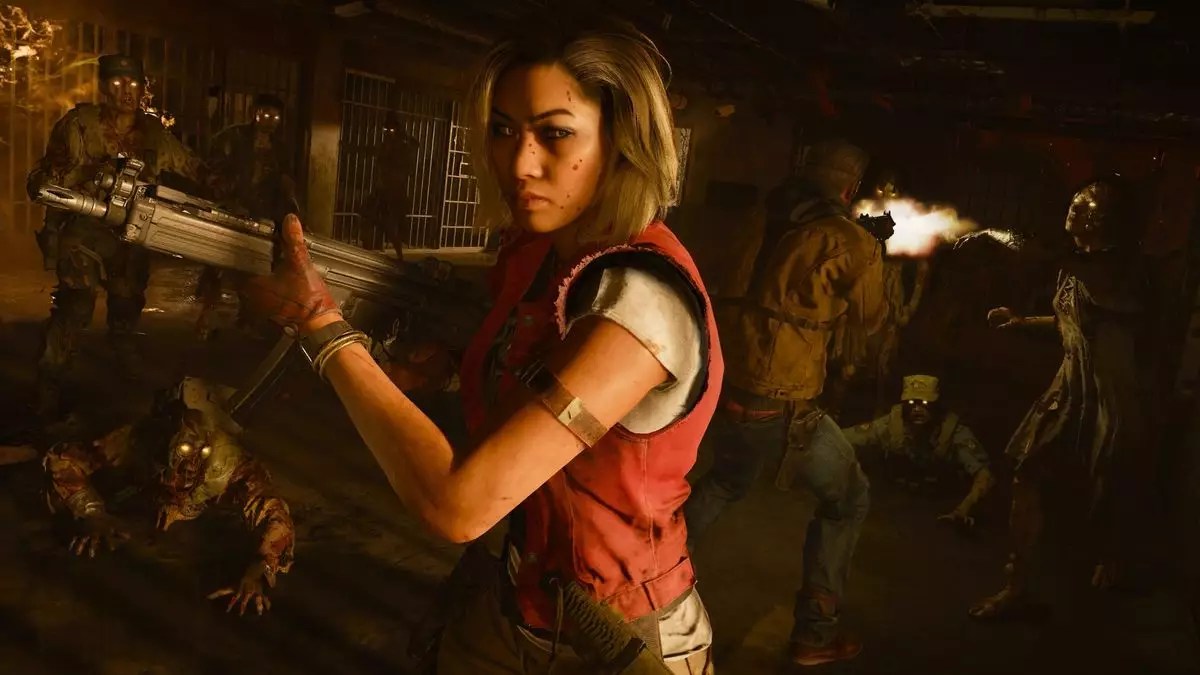In the realm of online gaming, ensuring a fair and equal playing field is paramount. With the massive popularity of games like Call of Duty: Modern Warfare 3 and Warzone, developers have introduced anti-cheat systems such as Ricochet to preserve game integrity. However, recent revelations have brought to light significant flaws in these systems that can lead to unintended consequences, including the wrongful bans of innocent players. The activities of a hacker known as Vizor have illuminated how deep the vulnerabilities in such systems could run, raising questions about the reliability of anti-cheat technologies and the broader implications for gaming communities.
According to Vizor, the methodology employed in exploiting the Ricochet anti-cheat system was surprisingly simplistic. Rather than relying on complex hacking techniques or advanced coding, Vizor merely identified specific “signatures” that Ricochet used to flag cheaters. These signatures were essentially keywords, embedded within the game’s code, that the system scanned for to determine who should be banned. By crafting messages containing these keywords and sending them to random players, Vizor demonstrated how a mere text could trigger an automatic ban. This shocking revelation underscores a glaring oversight in the design of the anti-cheat mechanism, which was supposedly built to counter sophisticated cheating methods. Instead, it fell victim to a rudimentary exploit that could be executed by anyone with minimal technical skills.
What’s even more alarming is the claim that thousands of innocent players faced bans due to this crude exploit. The hacker stated they could have gone undetected for an extended period, targeting casual gamers devoid of fame or notoriety. This situation highlights the inherent risk present in relying solely on automated systems for moderating player behavior. Although Ricochet has been marketed as a robust means of preventing cheating, its significant reliance on keyword detection makes it vulnerable to manipulation, thereby affecting countless unsuspecting players.
The false banning of innocent players can have severe repercussions, from unjustly ruining gaming experiences to eroding trust within the community. Gamers invest considerable time and energy in their achievements, and facing an unexpected ban can have devastating effects, including emotional distress and loss of invested content. This practice not only tarnishes the reputation of developers but also raises significant ethical concerns about player management and accountability.
As the hacker continued to expose vulnerabilities, the dance between anti-cheat systems and exploiters turned into a dynamic game of cat and mouse. Vizor described how they developed scripts that allowed them to automate the process, joining games, messaging players with the triggering keywords, and effectively causing mass bans. This continuous looping of action serves as a stark reminder of the ongoing challenges faced by developers in keeping up with rapidly evolving exploits.
While Activision successfully addressed the issue after it was highlighted by another cheat developer, the concern remains that such vulnerabilities can re-emerge, leading to future instances where innocent players face unwarranted penalties. This underscores the need for continual updates and improvements within anti-cheat systems, as well as a more nuanced approach to combating cheating that takes the complexities of player behavior into account.
The ramifications of these exploits extend far beyond individual players; they shake the foundations of community trust and developer credibility. When developers announce measures to protect players, they must ensure those measures are effective and reliable. The damage done by wrongful bans illuminates a critical failure on developers’ parts to foresee potential misuse of their technologies. In a world where online presence permeates our lives, transparency, communication, and accountability become paramount.
As the gaming community reflects on such incidents, the call to action becomes clear: developers must prioritize refining their anti-cheat systems not just to catch real cheaters effectively but also to safeguard the rights and experiences of innocent gamers. While systems that utilize keyword detection may offer an easy solution, they can create a host of unintended consequences, ultimately compromising the integrity of the gaming experience.
The anecdote of Vizor and the Ricochet anti-cheat system serves as a cautionary tale, revealing the critical need for ongoing vigilance in the arena of gaming security and community trust.


Leave a Reply